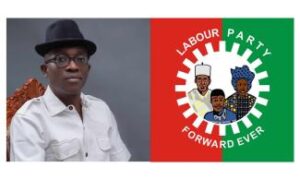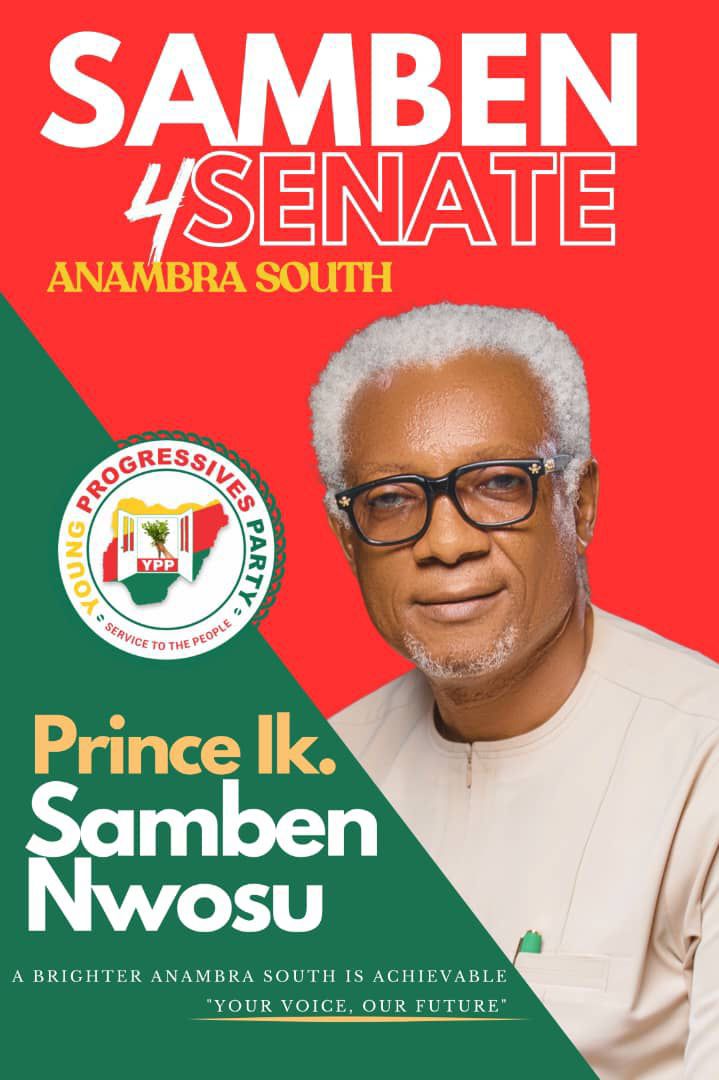
The Federal High Court in Abuja, led by Justice Emeka Nwite, has ruled in favor of Julius Abure as the legitimate Chairman of the Labour Party.
This ruling, delivered on Tuesday, comes after months of internal conflict within the party, affirming the leadership established at the March 2024 Nnewi convention.
The decision marks a significant victory for Abure’s faction, which has been embroiled in a leadership dispute following the 2023 general elections.
The party faced mounting tension after accusations of betrayal were made against its 2023 presidential candidate, Peter Obi, and Abia State Governor, Alex Otti, by members aligned with Abure.
The Independent National Electoral Commission (INEC) had previously refused to recognize Abure’s leadership, stating that the March 2024 National Convention that re-elected him violated both the Nigerian Constitution and the Electoral Act.
READ ALSO: Labour Party: Apapa finally dissolv
INEC, represented by Senior Advocate of Nigeria (SAN) Tanko Inuwa, argued in court that the Labour Party had failed to meet the legal requirements for holding its national convention, rendering the party’s leadership invalid. INEC maintained that it only acknowledges parties with legitimate and constitutionally compliant leadership.
Despite these claims, the Federal High Court dismissed INEC’s objections, recognizing Abure as the rightful leader of the Labour Party. Abure’s faction, represented by spokesperson Obiora Ifoh, had previously criticized those calling for his removal, suggesting that many were financially incapable of participating in the nomination process for the 2023 elections.
The Labour Party’s internal strife reached a breaking point in May 2023 when the Federal Capital Territory High Court issued an injunction preventing Abure, National Secretary Farouk Ibrahim, and other national officers from presenting themselves as party leaders.
The crisis deepened after Abure was suspended by the Edo State chapter of the Labour Party, adding another layer of complexity to the party’s leadership struggles.
As the dust begins to settle following the court’s ruling, the Labour Party will likely seek to stabilize its internal structure in preparation for future political engagements. However, the scars from the leadership conflict may take time to heal as the party works to rebuild unity.






